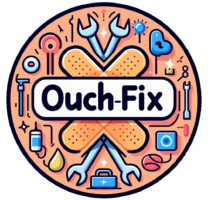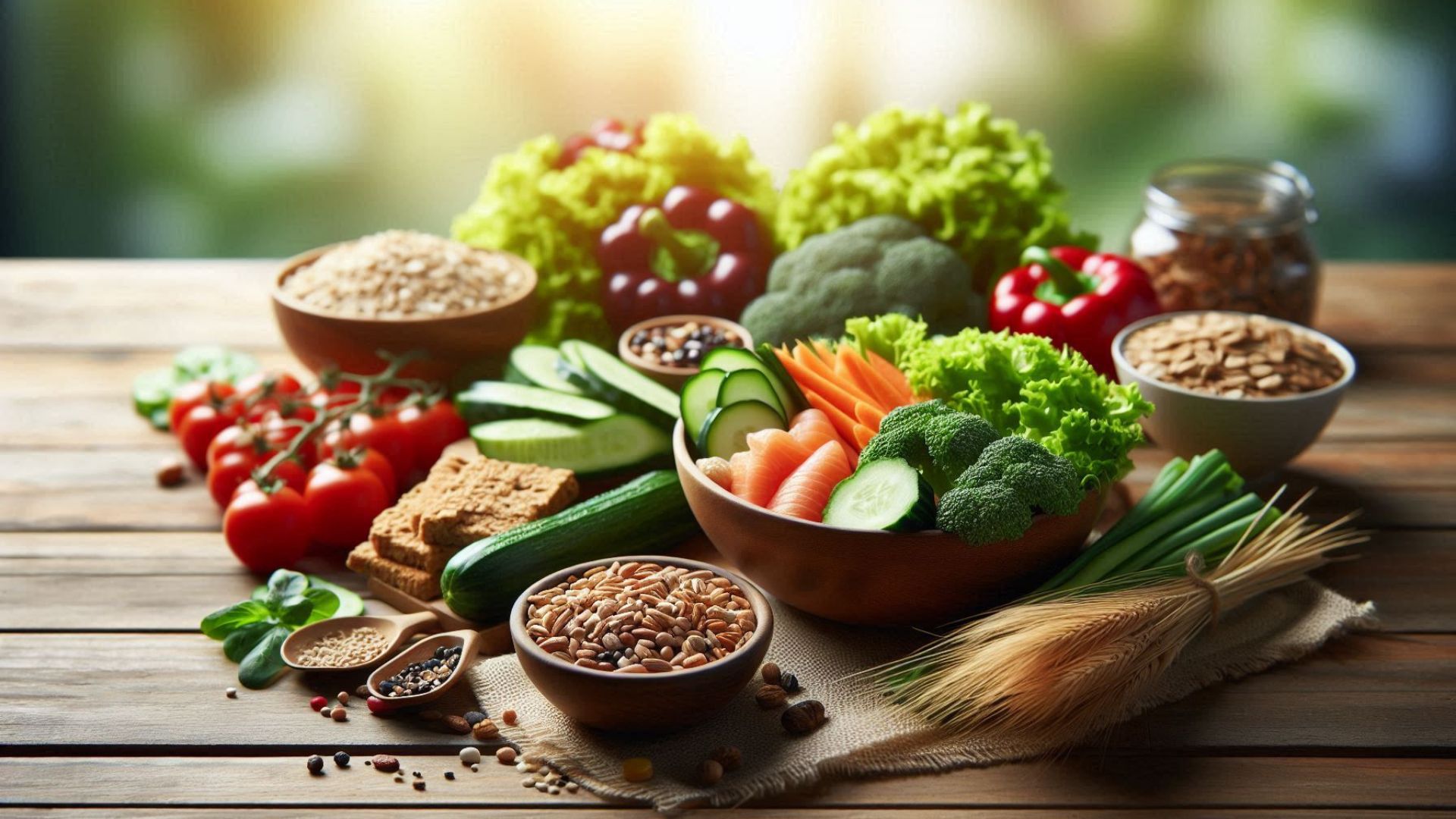Have you ever thought about how the food you eat affects your recovery journey? It’s more important than you might realize. What we put into our bodies doesn’t just impact our physical health—it also plays a big role in our mental and emotional well-being.
Understanding the link between nutrition and recovery can make a huge difference, especially if you’re overcoming challenges like addiction or mental health struggles. In this blog, we’ll explore why good nutrition is essential during recovery and how making smart food choices can help with healing and personal growth.
What is Recovery?
Recovery is about regaining control of your health and well-being after facing difficulties like addiction or mental health issues. It’s a journey of healing both your mind and body so you can live a healthier, more fulfilling life. Everyone’s recovery looks different—it’s a deeply personal process that depends on individual experiences and needs.

There are different types of recovery:
- Physical recovery focuses on healing the body.
- Mental recovery helps improve emotional and psychological health.
- Social recovery involves rebuilding relationships and reconnecting with your community.
Each of these aspects is important. Together, they create a well-rounded approach to living a healthier, more balanced life. Understanding them can help you find the right support to overcome challenges and make lasting changes.
The Basics of Good Nutrition
Good nutrition is the foundation of a healthy life. It means eating a balanced diet that provides the essential nutrients your body needs to function well. These nutrients include:
- Proteins – Help build and repair tissues.
- Carbohydrates – Provide energy for daily activities.
- Healthy fats – Support brain function and hormone production.
- Vitamins and minerals – Keep your immune system strong and your body running smoothly.
Eating a variety of foods—like fruits, vegetables, whole grains, lean proteins, and healthy fats—helps ensure you’re getting the right mix of nutrients. When you prioritize good nutrition, you give your body the strength and energy it needs to support your recovery.

Also Read: How does Sleep Affect Recovery from Physical Injuries?
How Nutrition Supports Recovery
Eating well can make a big difference in your recovery journey. During addiction or mental health struggles, the body often lacks essential nutrients. Good nutrition helps replenish those nutrients, aiding in physical healing and emotional stability.

Here’s how the right diet supports recovery:
- Restores physical health – Nutrient-rich foods help repair the body and strengthen the immune system.
- Boosts mental well-being – Certain nutrients, like omega-3 fatty acids and B vitamins, support brain function and improve mood.
- Regulates brain chemicals – A balanced diet can help manage emotions, reducing anxiety and depression.
- Improves sleep and energy levels – Proper nutrition supports better rest and higher energy, which are key for a successful recovery.
When you focus on eating well, you give yourself the best chance to heal—both physically and emotionally.

Also Read: What Benefits Does Ginger Offer for Pain Management?
What Research Says About Nutrition and Recovery
Studies have shown that what we eat can significantly impact our ability to recover. Here are some key findings:
- Nutrition and Mental Health – Diets rich in fruits, vegetables, whole grains, and lean proteins have been linked to lower levels of depression and anxiety.
- Brain Health Nutrients:
- Omega-3 fatty acids (found in salmon, flaxseeds, and walnuts) improve brain function and mood stability.
- B vitamins (found in leafy greens, beans, and whole grains) help produce energy and regulate mood-related brain chemicals.
- Physical Healing – Eating well helps repair tissues and detoxify the body, especially important during addiction recovery.
- Craving Control – Balanced meals stabilize blood sugar levels, reducing cravings and making it easier to avoid unhealthy habits.
These insights show that nutrition isn’t just a small piece of the puzzle—it’s a key factor in a successful recovery.
Practical Nutrition Tips for Recovery
Eating well doesn’t have to be complicated. Here are some simple tips to help you maintain a nourishing diet:

✔ Eat a variety of foods – Include fruits, vegetables, whole grains, and lean proteins in your meals.
✔ Stay hydrated – Drink plenty of water (at least 8 glasses a day) to support energy and detoxification.
✔ Choose whole foods – Focus on fresh produce, nuts, and seeds instead of processed foods.
✔ Balance your plate – Include a mix of proteins, carbs, and healthy fats in every meal.
✔ Don’t skip meals – Eating regularly keeps blood sugar levels steady and reduces cravings.
✔ Incorporate healthy fats – Avocados, olive oil, and nuts are great for brain and heart health.
✔ Be mindful of portion sizes – Listen to your body’s hunger cues to avoid overeating.
Following these small but powerful changes can help you build a diet that supports your recovery and overall well-being.

Also Read: How can I Speed Up Muscle Recovery After Workouts?
How a Healthy Diet Supports Your Recovery Journey
Nutrition plays a crucial role in healing, providing your body and mind with the fuel they need to recover. By focusing on a well-balanced diet, you can improve your energy, mood, and overall well-being, making your recovery journey smoother and more successful. Even small, healthy changes can have a big impact!
If you need guidance on integrating nutrition into your recovery plan, The Counseling Center is here to help. Our team offers personalized support and resources to assist you on your journey to wellness. Reach out to us at (740) 354-6685 or visit our website for more information.
You’re not alone in this journey—seeking help is a powerful step toward a healthier future.




